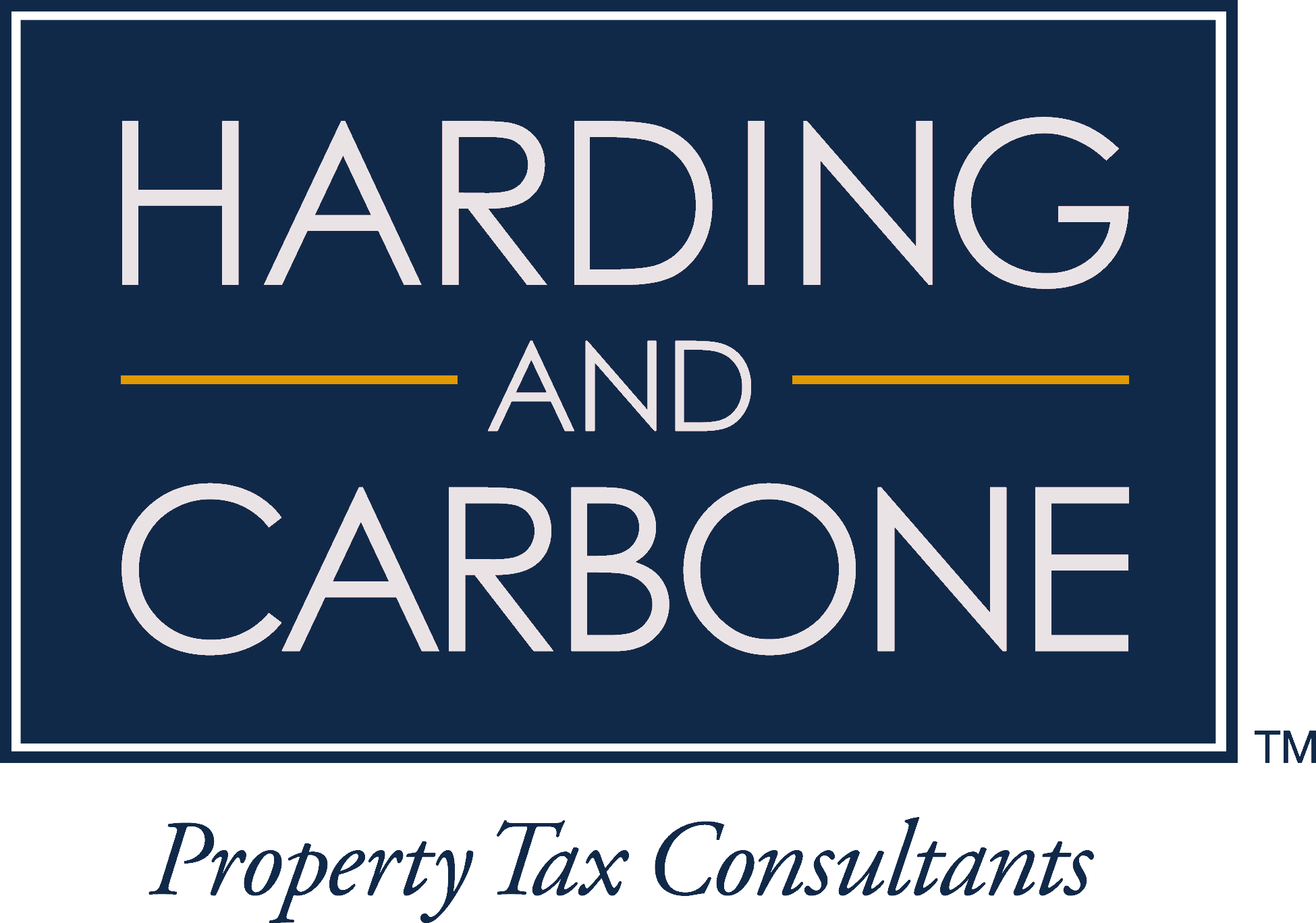Binding Arbitration
If you are not satisfied with the outcome of your formal appraisal review board hearing Tax Code Chapter 41A gives property owners meeting certain criteria the option of requesting binding arbitration. This filing is required to be filed not later than 60 days after receiving the order of determination from the appraisal district.
Below is a list of frequently asked questions regarding this program and what is required for property owners to qualify.
What is binding arbitration?
Generally, in binding arbitration, an independent, neutral arbitrator hears and examines the facts of an appeal and makes a decision that is binding on both parties. More specifically, binding arbitration, in the context of property value disputes, creates a forum in which both parties to a dispute present their positions before an impartial third party, who renders a specific award that is enforceable by law and may only be appealed as provided by Civil Practices and Remedies Code Section 171.088, for purposes of vacating an award.
Who qualifies for arbitration?
A property owner may request binding arbitration if:
- the property in dispute is real or personal property.
- the ARB has issued a determination on the appraised or market value of the property or an unequal appraisal determination.
- the disputed property’s value, as determined by the ARB, does not exceed $5 million, except for residence homesteads for which there is no value limit.
- taxes have been timely paid.
- a lawsuit has not been filed in district court on the same matter.
Does it cost anything to arbitrate my dispute?
The chart below indicates the amount of property owner deposit required and the amount of arbitrator fee allowed based on the type of property and the ARB’s determination of the property’s market or appraised value.
| Property Type | Appraised or Market Value | Application Fee to Comptroller |
|---|---|---|
| Residence homestead | $500,000 or less | $450 |
| Residence homestead | More than $500,000 | $500 |
| Commercial /Not residence homestead | $1 million or less | $500 |
| Commercial/Not residence homestead | More than $1 million but not more than $2 million | $800 |
| Commercial/Not residence homestead | More than $2 million but not more than $3 million | $1,050 |
| Commercial/Not residence homestead | More than $3 million but not more than $5 million | $1,550 |
Who may represent a property owner in a request for binding arbitration?
Form 50-791 Appointment of Agent for Binding Arbitration
The parties to arbitration may represent themselves or be represented by an attorney, a licensed real estate broker or salesperson, a certified real estate appraiser, a property tax consultant or a certified public accountant. These agents must have written authorization (Comptroller Form 50-791) signed by the property owner. Note: a lawyer does not have to have this authorization.
May I arbitrate and appeal the decision in district court?
No. The arbitration proceedings are binding. An arbitration award may be vacated under limited situations (Civil Practices and Remedies Code Section 171.088). An appeal of the arbitrator’s award in district court cannot be filed if you are simply dissatisfied with the value determination.
Amount of the order of determination?
The chief appraiser may only correct the appraisal roll if the arbitration award is below the order of determination.
What if I disagree with the outcome of the arbitration?
The decision of the arbitrator is final and binding on both parties. By arbitrating the dispute you agreed to abide by the arbitrator’s decision.
